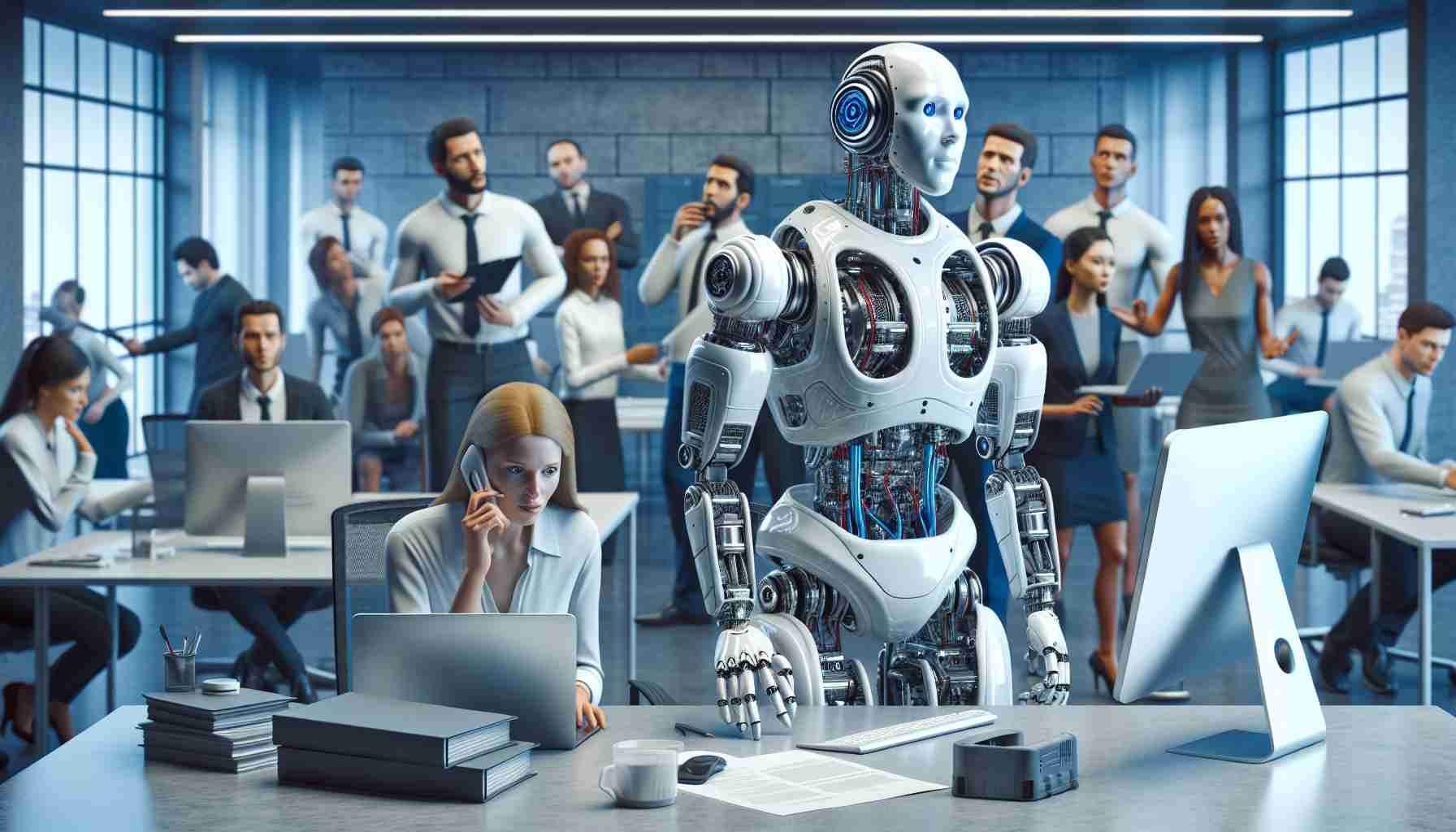As automation and artificial intelligence develop at an unprecedented pace, the question on many minds is: will robots eventually replace humans in the workforce? This captivating topic has not lost its relevance as it delves into the intersection of technology and employment.
The fear of widespread job loss due to automation is not unfounded. Studies by the World Economic Forum suggest that by 2025, machines could be responsible for more than half of all workplace tasks. Routine jobs, particularly in industries such as manufacturing and retail, are more susceptible to automation because tasks can be broken down into predictable, repetitive processes. Robots such as warehouse sorting machines and autonomous checkout systems are already evidence of this shift.
However, it’s important to recognize that automation often leads to the evolution of job roles rather than wholesale replacement. Many experts argue that while robots take over routine tasks, they open avenues for jobs that require human skills, such as creativity, critical thinking, and emotional intelligence. For instance, the demand for data analysts, AI specialists, and positions in the robotics industry itself is on the rise.
Moreover, the collaboration between humans and machines could redefine productivity. Cobots, or collaborative robots, are designed to assist human workers rather than replace them, enhancing efficiency while ensuring safety in tasks that might be hazardous or strenuous.
In conclusion, while robots are reshaping many industries, the notion of them entirely replacing humans fails to account for the new opportunities they also create. Embracing rather than fearing this transformation could pave the way for a future where human potential is better realized.
The Robot Invasion: Friend or Foe to Human Jobs?
As automation advances, the dialogue around robots replacing humans stirs both curiosity and concern. But beneath the surface lies a rich tapestry of details that are often overlooked, shedding light on how this shift might redefine our societies.
An intriguing element of this transformation is the potential impact on global economic inequality. Automation could exacerbate divides, especially in regions heavily reliant on labor-intensive jobs. Countries with robust digital infrastructure and education systems might thrive by upskilling their workforce, while those lacking resources could face increased unemployment rates. Conversely, this could drive significant international collaboration and aid efforts, harnessing technology to bridge the gap.
The ethical considerations of automation add another layer of complexity. Who is accountable when AI-powered machines err? This question ignites debates about regulations and governance. Countries are rushing to craft policies to mitigate risks and set ethical standards.
In the realm of personal life, automation’s reach extends beyond work. Autonomous vehicles challenge perceptions of travel and commute, promising to reduce accidents but raising privacy concerns. How society adapts to these changes remains a pressing question.
Moreover, will robots replace all human jobs? Not entirely. While automation threatens certain occupations, it simultaneously fuels an urgent demand for AI ethics consultants, robot trainers, and tech support roles—positions impossible to imagine a decade ago.
The discourse surrounding automation isn’t just about technology but its multifaceted impact on our lives. Engage with it and ponder: Is humanity on the edge of liberation or domination? For further exploration, visit World Economic Forum and Brookings Institution for more insights.








